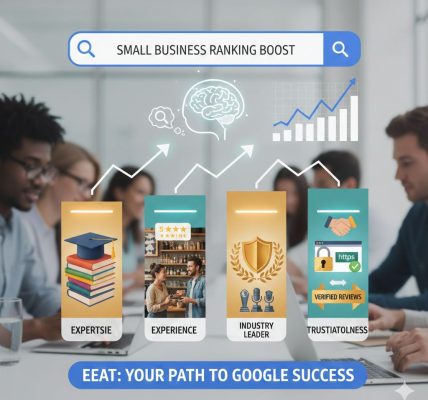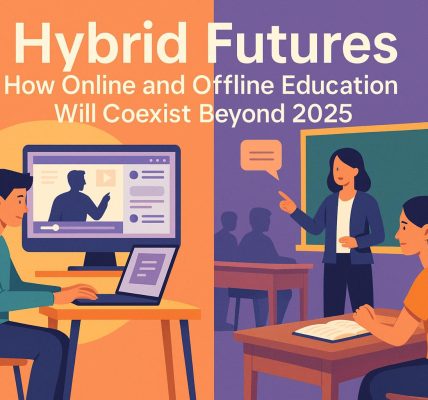The world of work is evolving faster than ever, with new industries emerging, traditional roles transforming, and skill requirements shifting almost overnight. For students standing at the crossroads of career decisions, this dynamic landscape can feel overwhelming. Enter artificial intelligence (AI), a game-changer in career counseling. By leveraging smart algorithms, AI is revolutionizing how students make informed career choices, aligning their unique skills with real-time job market trends. This isn’t just about matching interests to jobs; AI in Career Counseling is about creating a data-driven roadmap for success in an unpredictable future.

Personalized Career Recommendations Through Data Analysis
AI-powered career counseling tools analyze vast amounts of data to provide personalized recommendations tailored to individual students. These tools consider factors such as academic performance, extracurricular activities, personality traits, and even soft skills like communication and teamwork.
For instance, career counseling platforms use machine learning algorithms to assess a student’s profile and suggest career paths that align with their strengths and interests. According to a 2022 survey by the National Association for College Admission Counseling, 68% of students reported feeling more confident in their career choices after using AI-driven counseling tools. By removing guesswork and bias, AI ensures that students receive advice grounded in data, not just intuition.
Real-Time Labor Market Insights
One of the most significant advantages of AI in career counseling is its ability to provide real-time insights into labor market trends. Traditional career guidance often relies on outdated information, leaving students unprepared for the realities of today’s job market. AI, however, continuously scans job postings, industry reports, and economic data to identify emerging roles, in-demand skills, and declining professions.
For example, LinkedIn’s AI tools track hiring trends and skill gaps, offering students a clear picture of where opportunities lie. A 2023 report by the World Economic Forum revealed that 85 million jobs may be displaced by automation by 2025, while 97 million new roles could emerge. AI helps students navigate this shift by highlighting careers with long-term growth potential.
Skill Gap Identification and Upskilling Recommendations
AI doesn’t just identify suitable careers; it also pinpoints the skills students need to succeed in those roles. By analyzing job descriptions and industry requirements, AI tools can detect skill gaps and recommend targeted upskilling opportunities. Platforms like Coursera and Udacity use AI to suggest courses and certifications that align with a student’s career goals.
For instance, if a student aspires to work in data science but lacks programming skills, the AI might recommend a Python course. According to a 2021 McKinsey survey, 87% of companies worldwide are experiencing skill gaps or expect to within a few years. AI bridges this gap by equipping students with the skills employers are actively seeking.
Bias-Free and Objective Recommendations
Human career counselors, despite their expertise, may sometimes carry unconscious biases that influence their advice. AI eliminates such biases by making data-backed recommendations purely based on a student’s competencies and preferences. This ensures that all students, regardless of their background, receive fair and equitable career guidance. A study published in the Journal of Career Assessment found that AI-powered counseling tools provided more diverse career suggestions than traditional counseling methods.
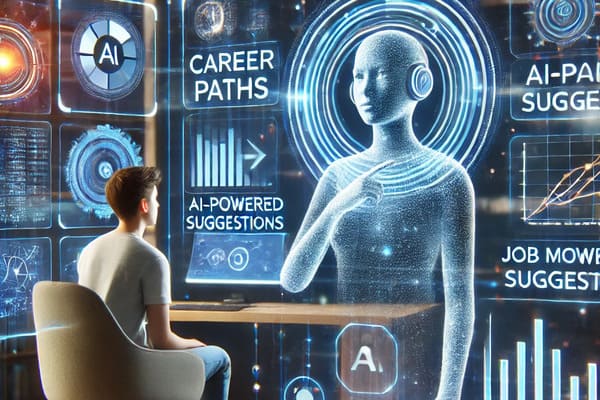
Enhanced Career Exploration Through Simulations
AI is also revolutionizing how students experience potential career choices. Some platforms offer virtual reality (VR) or AI-driven simulations, allowing students to ‘test drive’ careers before making long-term commitments. Whether it’s shadowing a data scientist’s daily tasks or experiencing the workflow of a medical professional, these immersive experiences provide invaluable insights. Research from PwC suggests that VR-based learning can be four times faster than traditional classroom training, making AI-powered career exploration more effective.
Continuous Guidance and Adaptability
Unlike traditional counseling, which is often a one-time interaction, AI-based career guidance provides continuous support. As students progress in their education and develop new interests, AI systems update recommendations accordingly. This adaptability ensures that students remain aligned with evolving industry demands, reducing the risk of pursuing outdated career paths. A 2022 Deloitte study indicates that 70% of young professionals believe AI-driven career planning tools provide better long-term guidance compared to conventional methods.
Shift Towards Data-driven Career Guidance
The integration of AI in career counseling is not just a technological upgrade; it is a fundamental shift toward more precise, data-driven, and inclusive career guidance. With personalized career pathways, real-time labor market insights, and continuous adaptability, AI is ensuring that students make informed, confident career choices. As the job market continues to evolve, AI-powered career counseling will be an indispensable tool in shaping the future workforce.
Some best books with career advice you can’t miss out on:
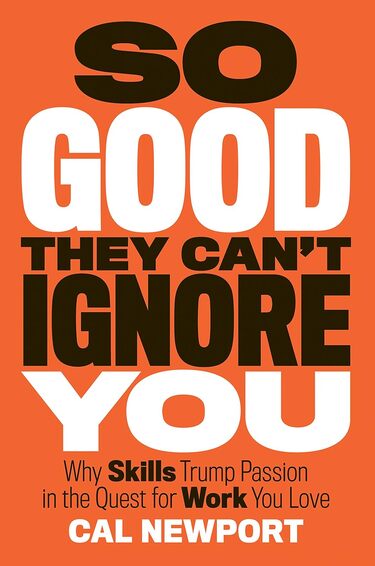
So Good They Can’t Ignore You
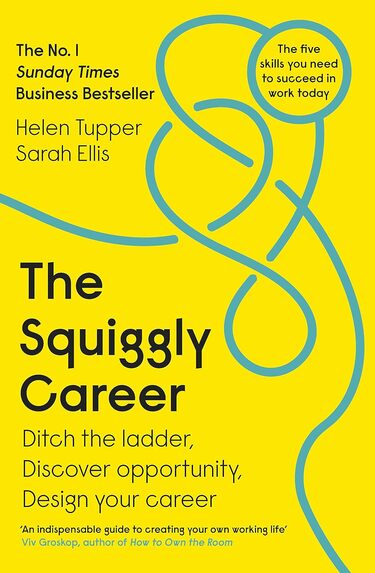
The Squiggly Career: The No.1 Sunday Times Business Bestseller

